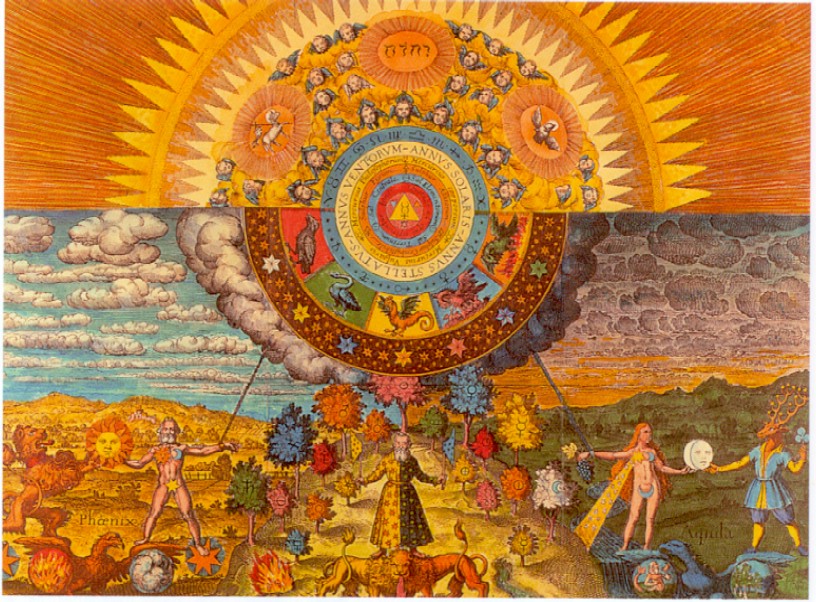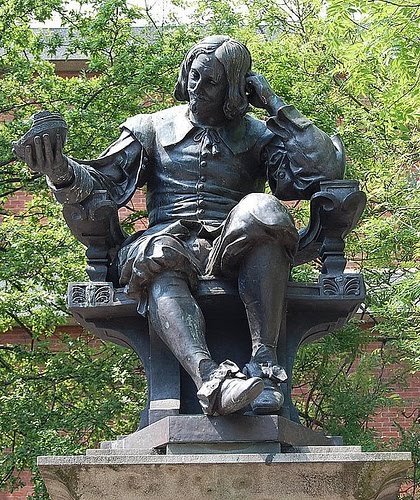Two major astronomical events occurred on Friday 15th February, 2013. First a sizeable meteor exploded over Chelyabinsk, Oblast in the Southern Urals, then, 15 hours later, a 50 metre asteroid skimmed a mere 17,000 miles past Earth. The meteorite and asteroid were almost 500,000 kilometres apart and travelling in completely different directions. The Chelyabinsk meteor known as 2012 DA14 is the largest object known to have entered the Earth's atmosphere since the days of the Siberian meteorite of Tungaska in 1908.
Meteorites have long been of interest to scientists. Included among the many curious, rare and imaginary books, paintings and objects conjured from Sir Thomas Browne's fertile imagination and summarily listed in his late miscellaneous tract Museum Clausum (circa 1676) there can be found-
14. Another describing the mighty Stone falling from the Clouds into Aegospotamos or the Goats River in Greece, which Antiquity could believe that Anaxagoras was able to foretell half a year before.
The ancient Greek Anaxagoras (c. 510–428 BCE) was one of the first scientific thinkers to speculate upon phenomena such as eclipses, meteors, rainbows and the sun. The protagonist in American author Gore Vidal's 1981 novel Creation reminds us of the Greek scientist's claim to fame-
'According to Anaxagoras one of the largest things is a hot stone that we call the sun. When Anaxagoras was very young, he predicted that sooner or later a piece of the sun would break off and fall to earth.... The whole world saw a fragment of the sun fall in a fiery arc through the sky, landing near Aegospotami in Thrace. When the fiery fragment cooled, it proved to be nothing more than a chunk of brown rock. Overnight Anaxagoras was famous'.
Sir Thomas Browne's study and reading of early Greek science was exceptional amongst pioneers of the 17th century scientific revolution. The philosophical and scientific thought of Plato, Aristotle and Theophrastus are well-represented in his library, as are books by Archimedes and Euclid. In all probability Browne encountered Anaxagoras's scientific observations when reading either Pliny, Simplicus of Cilicia (c.490-560 CE) or Aristotle's criticisms of the pre-Socratic philosopher. Browne's own scientific speculations include the observations-
'The created World is but a small Parenthesis in Eternity.' - from Christian Morals Part III, Section XXIX
To make an end of all things on Earth, and our Planetical System of the World, he (i.e. God) need but put out the Sun. - from A letter to a Friend
At present, modern-day science can only predict such events within approximately two weeks of their occurring. The Chelyabinsk meteor was totally beyond prediction or detection until entering the earth's atmosphere and exploding, causing wide-spread damage and shock, injuring over 1,000 people.
The Danish film director Lars von Trier's Melancholia (2011) analyzes in depth the psychological effects experienced by two sisters when faced with an impending cosmological disaster.
Notes
Greek science books listed in the 1711 Sales Auction Catalogue of Browne's Library include-
Archimedes Opera Gk. and Latin. Commentary David Rivalti 1615 p. 28 no. 2
Aristotle - Over 15 various titles listed.
Plato - Theologia Platonica de Immortalitate Paris 1559 p. 15 no. 95
Plato - Chalcidii Timaeus de Platonis - Notes J. Mersius 1617 p. 11 no. 106
Simplicus - Commentary in Enchiridion Epistles Gk. and Latin pub. L.B. 1640 p. 10 no. 43
Links
Wiki-link to article on the 2013 Russian Meteorite event
Browne's miscellaneous tract 13 Museum Clausum


































3 comments:
Great! I knew that Browne must have been interested, and I guess that a number of his European friends and colleagues were also interested in meteors. Considering that all natural space junk may be regarded as very gross stardust, even the idea that meteors come from the sun is very perceptive.
Creation is my favorite Gore Vidal novel. It is wonderfully entertaining and intellectually naughty as well as slightly profound. Anyone who has any idea of Vidal's sources will have a real trip reading it. A friend gave it to me when I was in hospital recovering from mastectomies, and it was downright therapeutic.
Is that true what Vidal says about Anaxagoras? I'd never heard it before (not that that weighs much).
It occurred to me, reading -E-, that in speaking of what Vidal did about sources I only meant how he managed to avoid the geographical and historical persons and places for which we lack any sources at all. I don't know where V. got his Anaxagoras, either, but I'm sure Browne knew where HE did.
Post a Comment